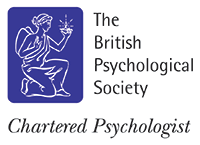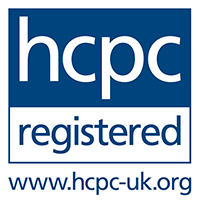
The myth of needing a diagnosis before you can get support
Data from the Nuffield Trust on the number of people in England waiting for an assessment for autism or attention deficit hyperactivity disorder (ADHD) shows that waiting times are longer than ever, with more people than ever before waiting for assessment and lengthy waiting times for a first appointment.
This situation is obviously far from ideal for children and adults on the waiting list, but delayed diagnosis is being misleadingly presented as a barrier to receiving health and education support when we already have a legal system that doesn’t require a “letter in your hand” to get SEN Support in school, or an EHC plan, or to exercise the rights that go with the protected characteristic of disability.
This session is aimed at Educational Psychologists and will cover:
The definitions of Special Educational Needs and Special Educational Provision and the fact that this isn’t linked to diagnoses.
What SEN Support is and why a child might need SEN Support even though their needs manifest outside school.
What the purpose of the EHC needs assessment is and the EP’s role in this.
There will also be opportunities to discuss the following:
– difficulties accessing specialist health and/or educational support without a diagnosis
– difficulties around identifying provision for different placement types (or where it’s not appropriate for provision to be made in a placement – either temporarily or for a longer period)
– difficulties where needs are masked within a school setting and identifying provision for delivery within a setting where this is the case
– addressing concerns from parents and/or young people who are reluctant or unwilling for matters to proceed to a formal diagnosis but want assistance in getting support for their or their child’s needs.
About the presenter/organisation.
Alex is a solicitor in IPSEA’s legal team. She is responsible for delivering training to new volunteers but also ongoing training to existing volunteers and delivering IPSEA’s programme of external training to parents, schools, SEN specialists and local authorities. As well as the training, Alex also provides legal support to the IPSEA volunteers and monitors and supervises the volunteers’ work as well as providing them with any legal updates. Alex also creates legally based written resources.
All children and young people with special educational needs and disabilities (SEND) have a legal right to an education that meets their individual needs. But many tens of thousands of children and young people with SEND are not getting the support they are legally entitled to. At IPSEA, we are here to change that. We are the leading charity in the field of SEND law in England, and we provide free and independent legal advice and support to families of children and young people with SEND. We also provide training on the SEND legal framework, and we influence policy at both a local and national level.
Thursday 19th September 2024 4.00 – 5.00pm
Free to Psychology Direct associates







